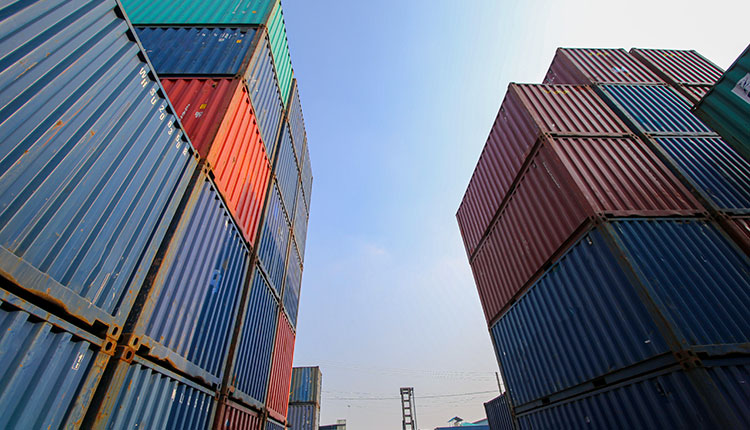
The National Retail Federation (NRF) has released the following statement from NRF President and CEO Matthew Shay after a labor strike was initiated at all U.S. East and Gulf Coast container ports Oct. 1. The strike went into effect after the six-year master contract between the International Longshoremen’s Association (ILA) and the United States Maritime Alliance (USMX) expired on Sept. 30.
“NRF urges President Biden to use any and all available authority and tools — including use of the Taft-Hartley Act — to immediately restore operations at all impacted container ports, get the parties back to the negotiating table and ensure there are no further disruptions.
“A disruption of this scale during this pivotal moment in our nation’s economic recovery will have devastating consequences for American workers, their families and local communities. After more than two years of runaway inflationary pressures and in the midst of recovery from Hurricane Helene, this strike will result in further hardship for American families. The administration must prioritize our economy — and the millions of Americans who depend on it for their livelihood and wellbeing — and intervene immediately to prevent further hardship and deeper economic consequences.
“It is essential that the ILA and USMX immediately resume negotiations with the intention of finalizing a new master contract without further disruptions and put an end to this stalemate.”
Last month, NRF issued a statement urging the parties to immediately resume negotiations. The group also spearheaded a letter signed by nearly 200 organizations to President Biden urging the administration to intervene and avoid a disruption.
In June, NRF led a coalition of 158 state and federal trade associations in a letter to President Biden urging the administration to work with the negotiating parties and to reach a new agreement. Earlier this year, NRF also sent a letter to ILA and USMX calling for the resumption of port labor negotiations.
As the leading authority and voice for retail, NRF says it will continue to advocate for policies and solutions that ensure supply chain resiliency.


